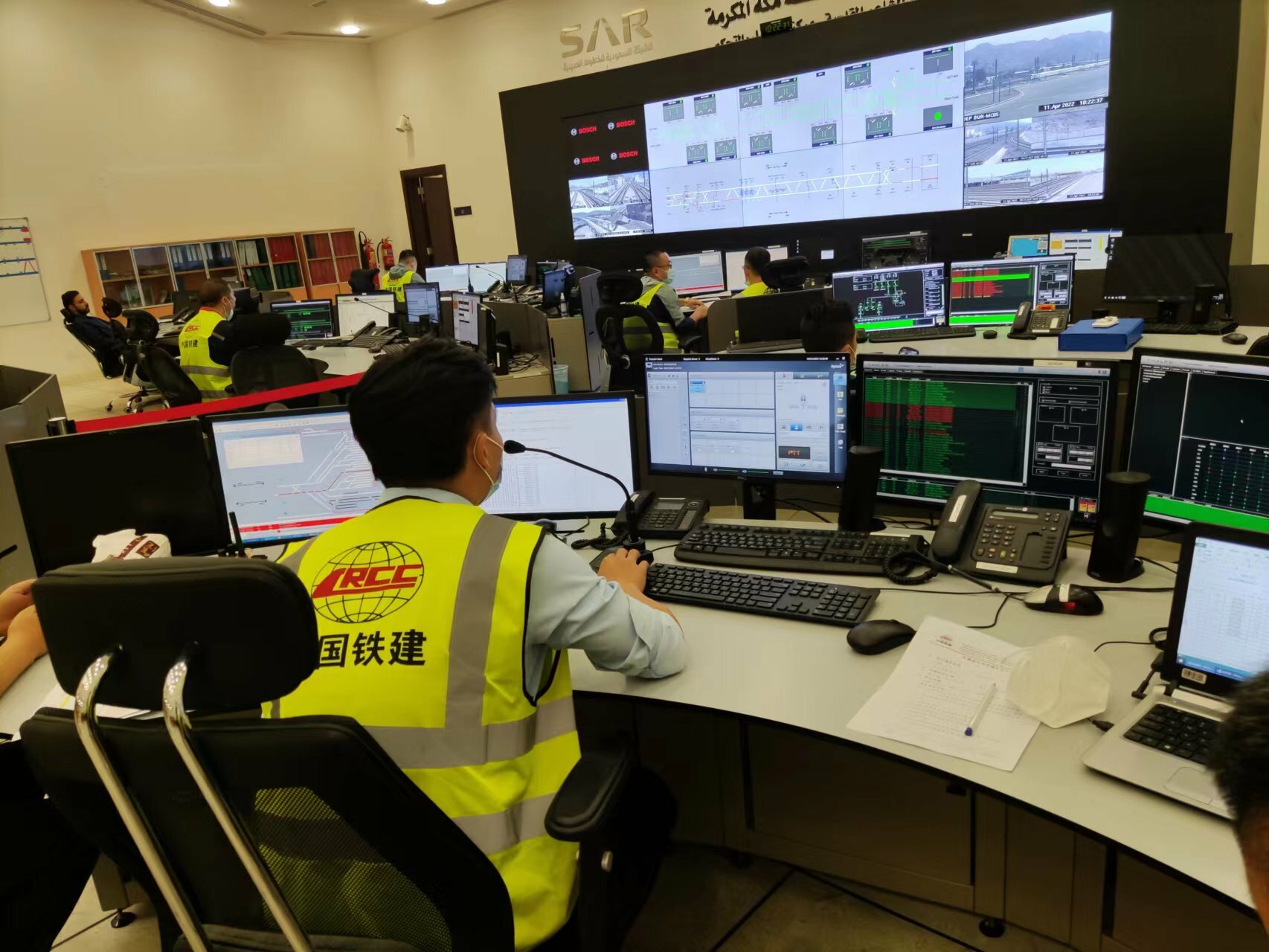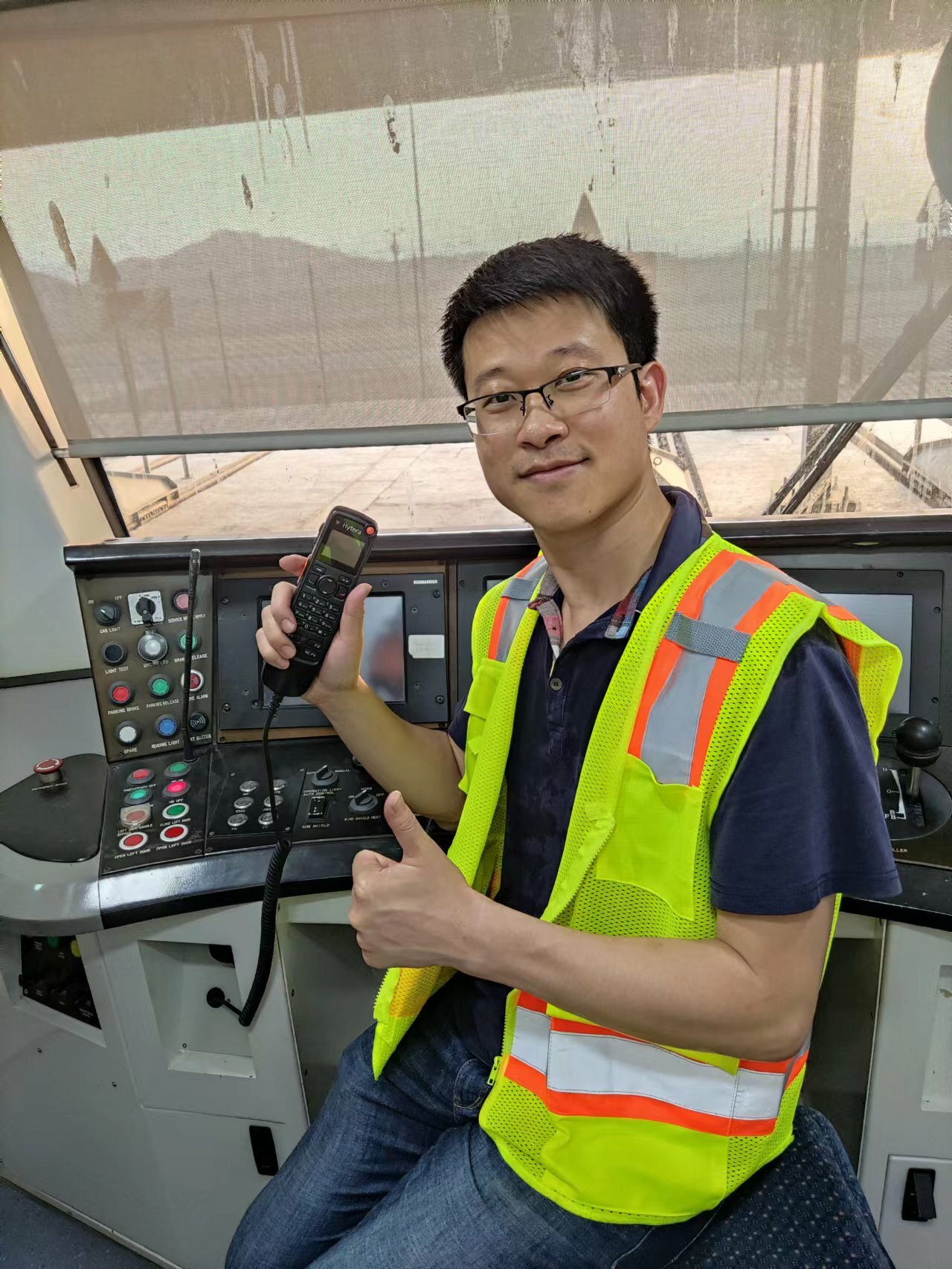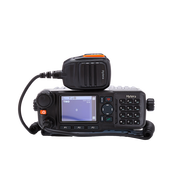The Background
The Makkah Metro (Mecca Metro) is one of the main means of transportation for the Islamic Hajj pilgrimage, which takes place in the city of Makkah in Saudi Arabia. Millions of people participate in the annual pilgrimage. In 2022, over one million people visited Makkah for the biggest Hajj pilgrimage since the outbreak of the pandemic.
The Al Mashaaer Al Mugaddassah Metro line was opened in November 2010 to ease the traffic congestion caused by the thousands of buses and cars used during the Hajj. The all-elevated 18.1km-long line has nine stations and connects the holy sites at Mecca, Mount Arafat, Muzdalifa and Mina. Although it is only open to the public for seven days a year during the annual Hajj, it is one of the busiest metro routes in the world during this period.
The Challenge
The Makkah Metro is managed by the Saudi Railway Company (SAR). The original metro train communication system had been running for almost 10 years and had
become difficult and costly to maintain, so SAR decided the system had to be replaced urgently.
The main challenges in designing and installing the new radio system centred around the fact that it had to be retrofitted into the existing train carriages. For example, the positions for the onboard radios and microphones are fixed, so the new equipment had to be installed in those spaces.
Another challenge was that the electrical design of the onboard radios had to be customized, as the power supply system of the trains is fixed and cannot be altered. Finally, the project had a short delivery time and had to comply with the stringent regulations of the railway industry

The Solution
A TETRA digital two-way radio system was chosen as the new communications solution. Drawing on its extensive experience in the railway industry, Hytera proposed to SAR that it deliver an integrated TETRA solution covering the manufacture, delivery and installation of the system.
The sizes of the onboard radios and microphones were carefully designed in order to fit into the spaces left by the legacy radio equipment. The electrical design of the onboard radios was customized to meet the existing train specifications with the input voltage changed to 110V.
The layout of the buttons on the microphone was designed to be identical to the legacy microphones, so that users can operate the new radio system with zero learning curve. The combining system and antenna system were also customized to ensure the optimal performance of the overall system.
Hytera supplied ve TETRA base stations to cover the 18.1km line and installed 34 TETRA onboard radios into the metro train fleet.
The Benefits
- Customized Solution
Hytera was able to adapt its radio equipment to meet the particular size, power supply mode, electrical interface mode and interface definition required by Saudi Railway Company. The train radio platform is customized to provide ordinary calls, emergency calls and broadcast calls between the dispatching platform and the train platform.
- TETRA Radios Connected to PA System
The on-board radios located at the train stations are connected to the customer's
existing public address systems through dry contact, so they can broadcast calls not only to the drivers, but also to all the passengers.
- Customized Hand Microphones
The hand microphones cables are customized to meet the client’s requirement of more than 3 metres between the hand microphone and the radio. The layout design of the hand microphone was changed to replicate the layout of the legacy microphones, so users could continue to operate them in the way they were used to. Hytera's designers spent a long time creating 3D design drawings, verifying functions and manufacturing the microphones.
- Bespoke Outdoor Antenna Feeder System
The antenna feeder system is specifically tailored to achieve full coverage along the whole of the train track and to ensure that the signal strength along the line is above -85dbm

- Hytera Engineering Guarantee
The Hytera technical team has guaranteed that both two weeks before and for two weeks during the Hajj, its two engineers will guard the network 24 hours a day to ensure that there is no problem with the equipment during the operation of the Makkah Metro.
- Fast Migration From Legacy To New Radio Network
The solution was designed to enable good compatibility between the new and legacy radio systems. All radio terminals on the existing network were registered at one time after the new system was powered up. The transition from the legacy system to the new system only took three days.



